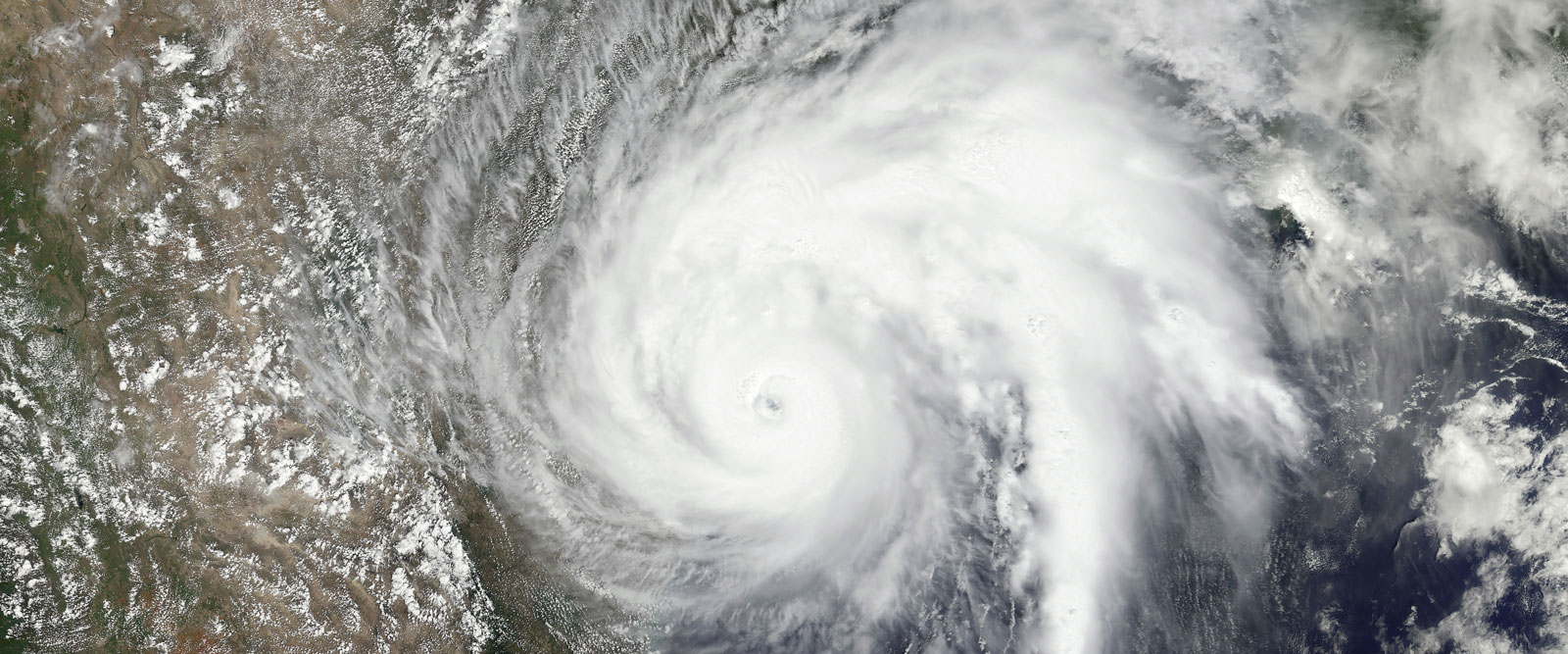Tips for HVAC Hurricane Preparedness
Maintaining your HVAC system involves seasonal steps to prepare for both heating and cooling. The Texas Gulf Coast is also entering the 2021 hurricane season. Are you prepared? While you cannot predict the timing or intensity of the next tropical storm or hurricane, you can prepare for the inevitable.
Once the storm has arrived, your attention will be directed towards safety. A little information about HVAC Hurricane Preparedness can help you plan ahead to protect your HVAC system in the event of a storm.
HVAC Hurricane Preparedness for Weather Events
- Make sure your compressor unit is secured with hurricane straps to keep it from blowing away in high winds. If straps are missing or damaged, replace them as soon as possible.
- Purchase an air conditioner cover, designed to cover the outdoors compressor unit and have it ready. This keeps flying debris from being deposit inside the compressor unit.
- Consider purchasing a small window AC unit to use for short-term cooling until the central HVAC system comes back online.
- If you plan to ride the storm out, prepare for the loss of power for an extended period of time. Cooling your home to a lower than normal temperature is a good idea and keep windows and doors closed to trap the cool air inside. You will likely experience high temperatures and high humidity for a while, so make the best use of the pre-storm period to stay cool for as long as possible.
- Whether you evacuate or shelter in place, shut down power to the HVAC system as the hurricane approaches—no exceptions!
HVAC Hurricane Preparedness: After the Storm
Whether you evacuate or shelter in place, the storm will eventually pass. A recovery checklist for your HVAC system should include:
- DO NOT turn the air conditioner on right away. Curiosity concerning its working status can damage the unit.
- Check for flooding or standing water surrounding any electrical component, or evidence that a part of the HVAC system was underwater.
- Schedule an HVAC safety check-up as soon as possible.
- Take the cover off of the compressor unit and inspect for damage. Look inside the unit to make sure debris has not blown inside. Debris should be removed before the unit is turned on.
- Check the electrical and refrigerant line for visible damage.
If everything checks out, you will be tempted to turn the air conditioner on to give your family relief from the heat and humidity. The safest option is to WAIT for the HVAC system inspection after a hurricane. This inspection will give you peace of mind that your system is fully ready to return to normal use.
Doctor Cool is committed to serving customers before and after a hurricane. Let us help with your HVAC Hurricane Preparedness for a storm and recover from a storm.
HVAC Hurricane Preparedness
Is now the time to start your HVAC Hurricane Preparedness? To help you make the best decision, we’re happy to evaluate the equipment you have and show you the best HVAC Hurricane Preparedness for your home. Give us a call today.
Call Doctor Cool & Professor Heat today at 281-338-8751 or email Doctor Cool for tips about Lowering Energy Bills during the intense South Texas heat of the Summer.
